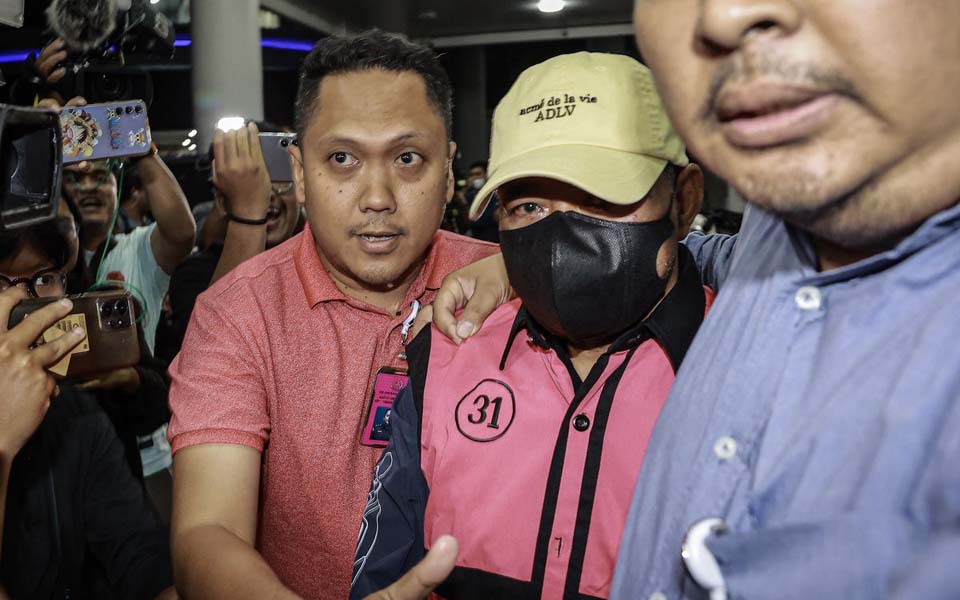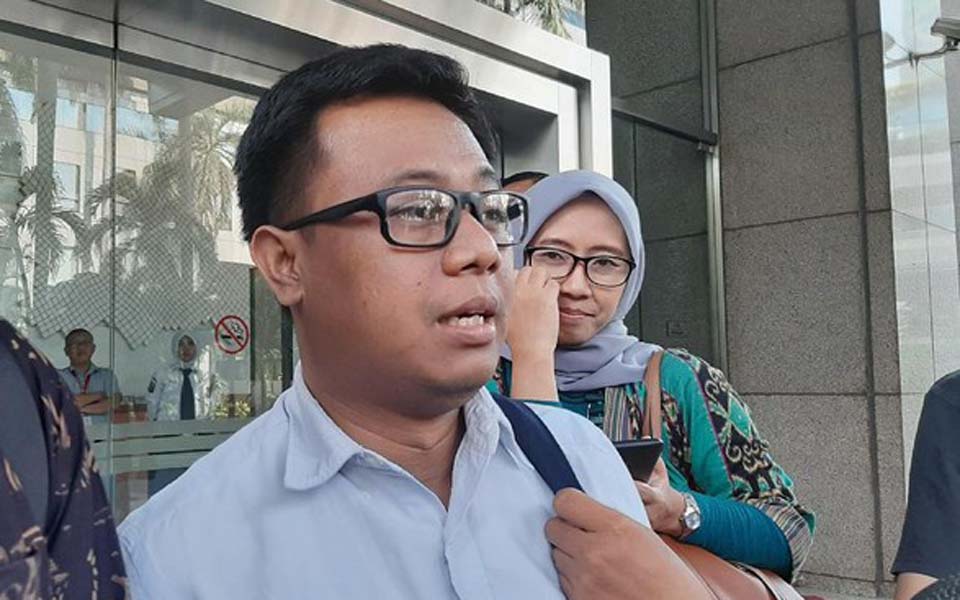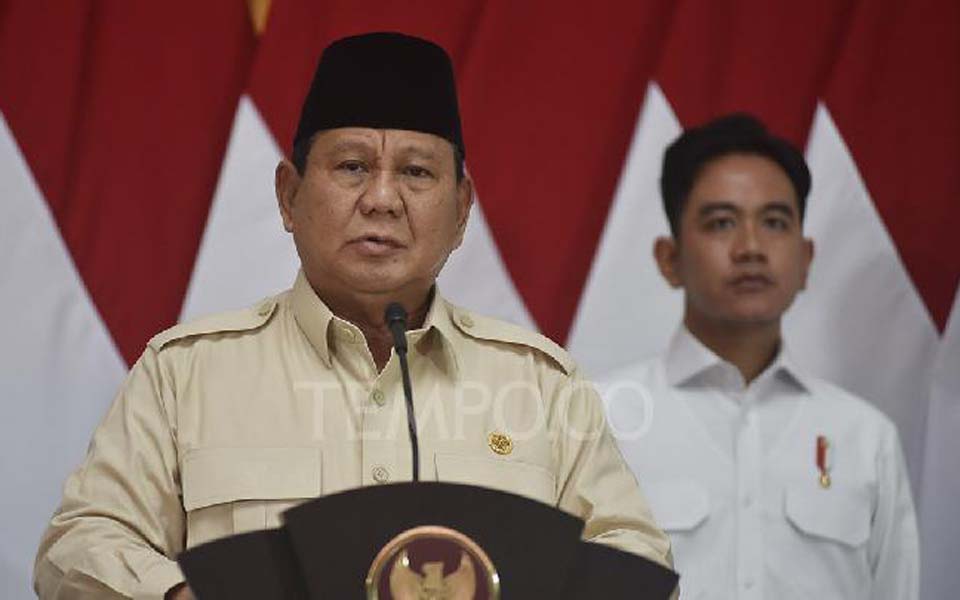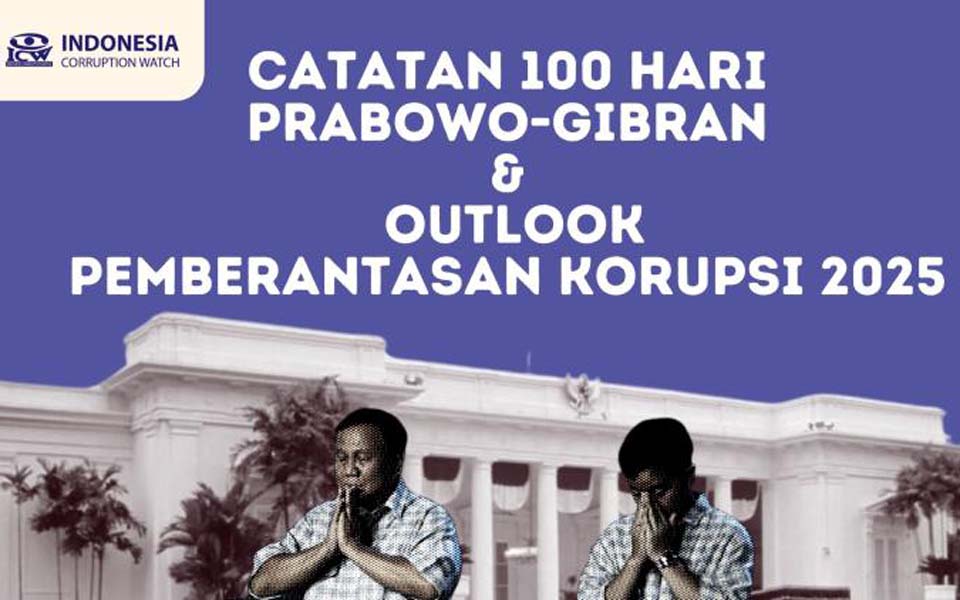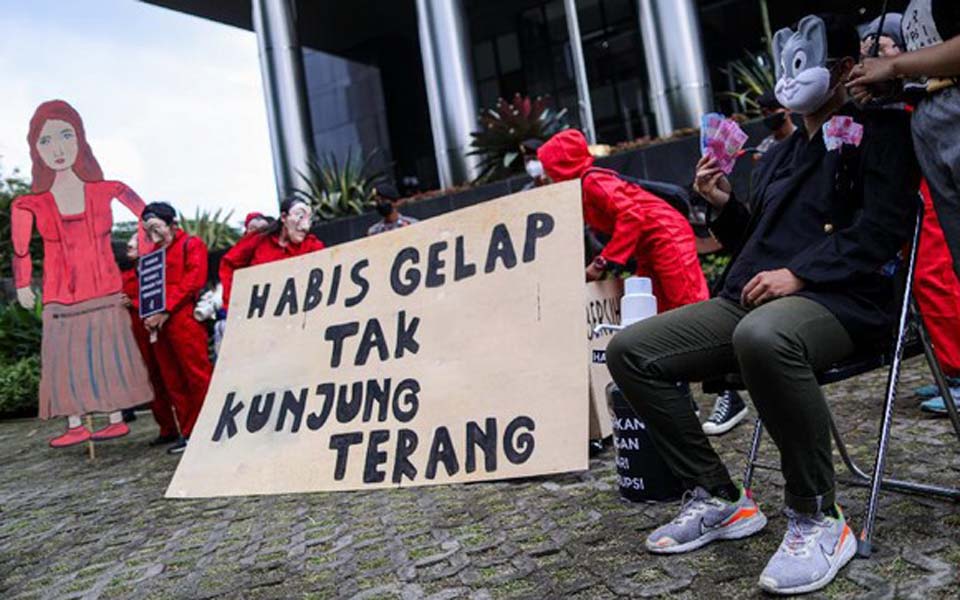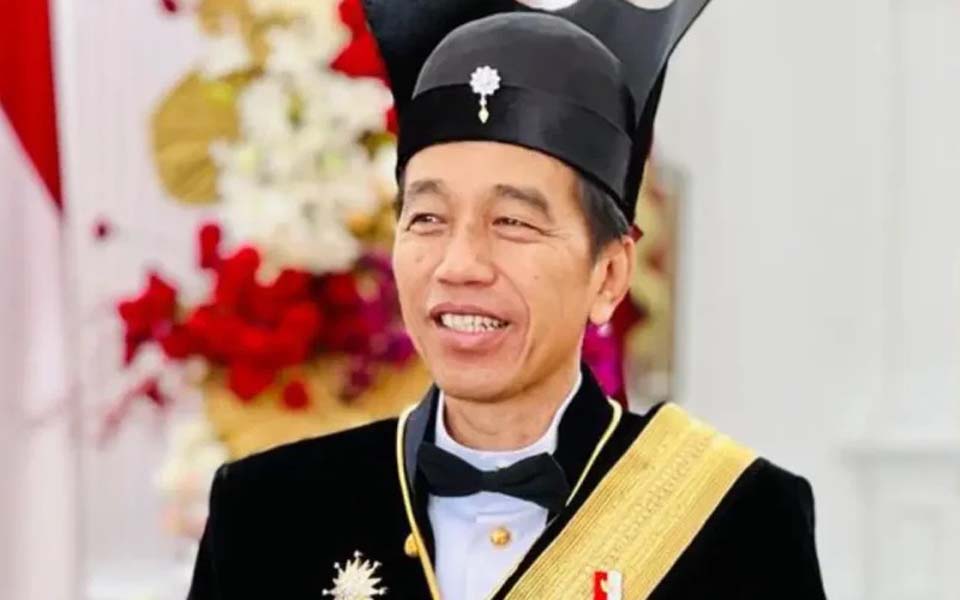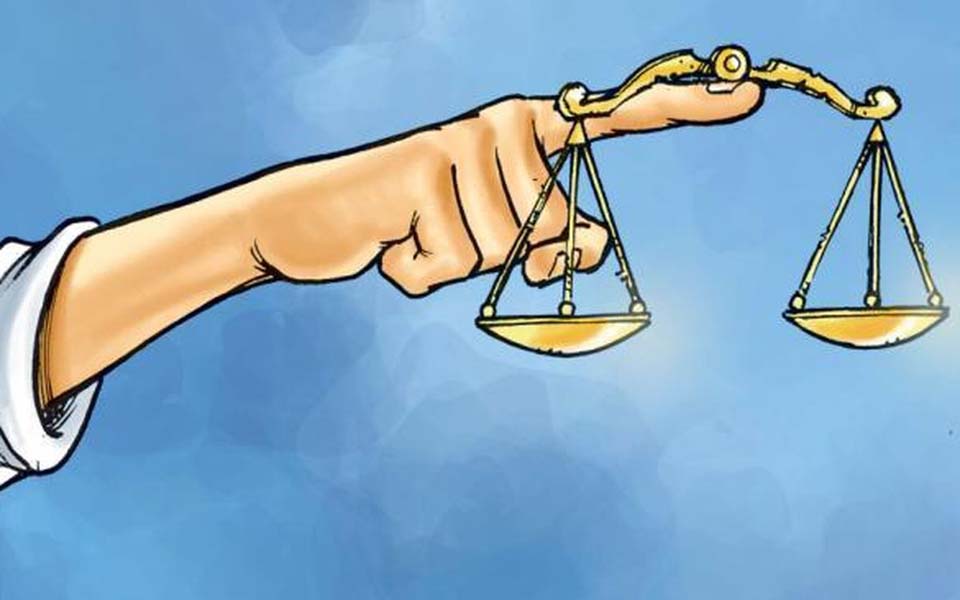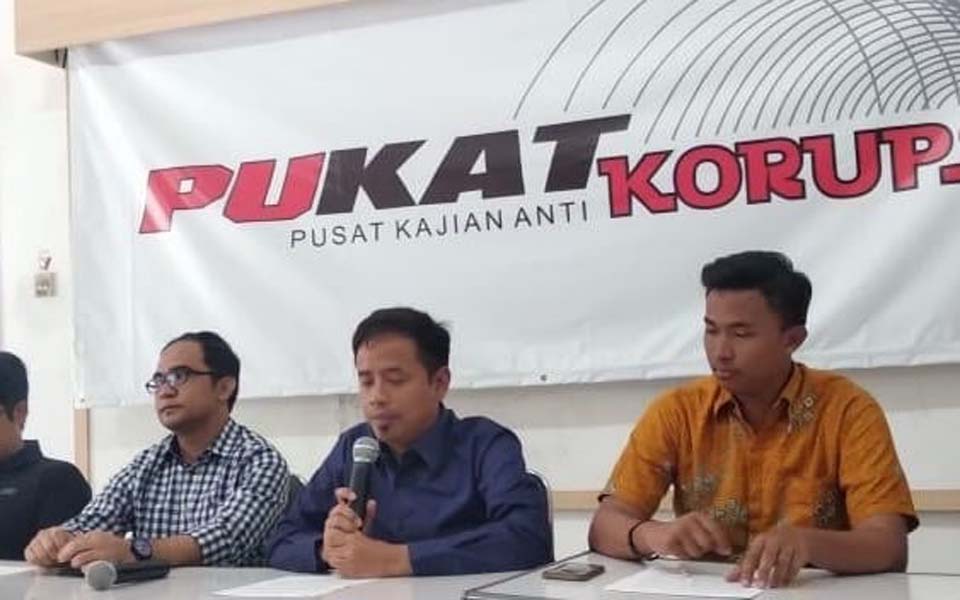Tatang Guritno, Jakarta – Indonesia Corruption Watch (ICW) believes that the judicial and legal system in Indonesia has yet to create a deterrent for corruptors.
According to ICW researcher Lalola Easter, this phenomenon has emerged because of the minimal use of Law Number 8/2010 on the Prevention and Eradication of Money Laundering (UU TPPU) in prosecutions and the corruption courts (Tipikor).
Easter said that using the money laundering law against corruption convicts and defendants could save the state huge financial losses as a result of corruption.
Based on ICW's data for 2020 however, out a total of 1,298 corruption court defendants, only 20 were charged under the money laundering law.
"Throughout 2020, out of the 1,298 defendants tried for corruption cases, only 20 defendants were charged using the TPPU by these two legal institutions", said Easter during a virtual ICW discussion on Friday April 9.
Easter also said that ICW findings for 2020 showed that state losses as a result of corruption stood at 56.7 trillion rupiah and losses as a result of bribery stood at 322 billion rupiah.
On the other hand however, alternative punishment handed down against corruption convicts were only 19.6 trillion rupiah, with the total value in fines standing at 156 billion.
"With these findings how can we talk about deterrence for defendants and convicts in corruption cases being achieved. This isn't proportional, we talk about deterrence for corruptors but where is it? The avenues are increasingly narrow", said Easter.
Alternative punishments and fines meanwhile are not in proportion with state losses.
Easter also found that physical punishments or incarceration in prison for corruptors was also not in proportion with the material losses suffered by the state.
"Consider this, efforts to recover state losses are not maximal, perhaps we could look for another comparison, namely physical punishment, but we also found that on average the physical punishment for 1,298 defendants was only three years and one month", said Easter.
Meanwhile who can be charged with money laundering is regulated under Article 3 of the TPPU Law, which reads:
"Whosoever deposits, transfers, moves, purchases, pays for, bequeaths, entrusts, takes overseas, alters the form, exchanges with currency or securities or other actions assets which are known or reasonably suspected to be the results of crimes as referred to in Article 2 Paragraph (1) with the aim of hiding or disguising the origins of assets shall be sentenced to a maximum of 20 years jail and a maximum fine of 10 billion rupiah".
Meanwhile the crimes referred to, which are located under Article 2 Paragraph (1), are corruption, bribery, narcotics, psychotropic drugs, people smuggling, the smuggling of migrants, crimes in banking, capital markets, insurance, customs and excise, human trafficking, trade in illegal weapons, terrorism, kidnapping, theft, embezzlement, fraud, counterfeiting, gambling, prostitution, crimes in taxation, forestry, the environment, fisheries and maritime affairs or other crimes which are subject to four years imprisonment or more.
[Translated by James Balowski. The original title of the article was "ICW: Penanganan Korupsi di Indonesia Tak Membuat Koruptor Jera".]






